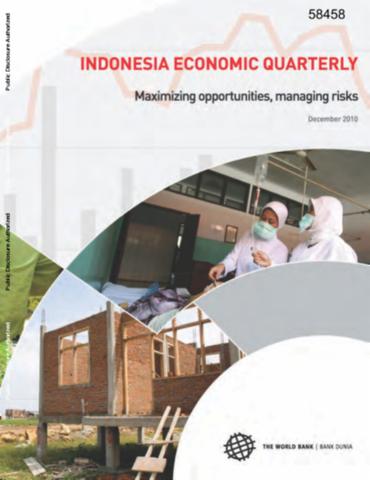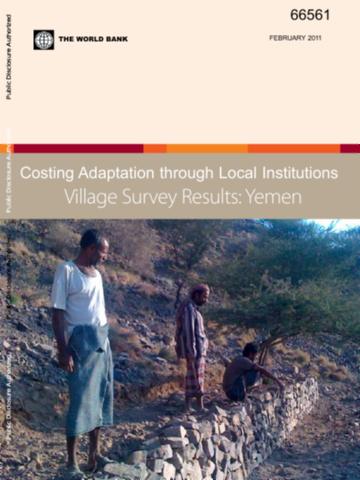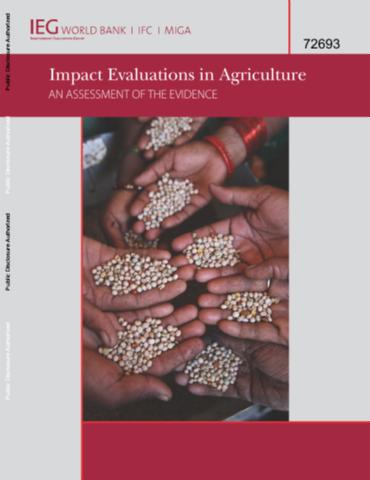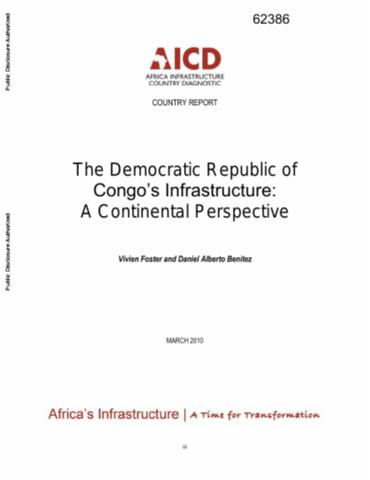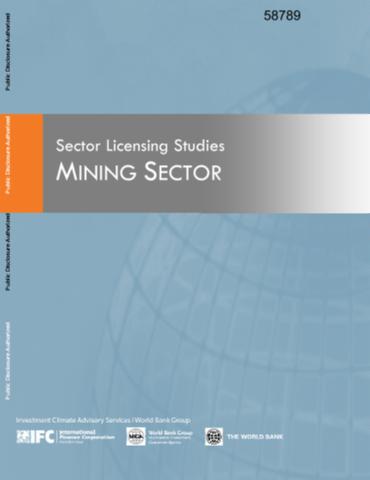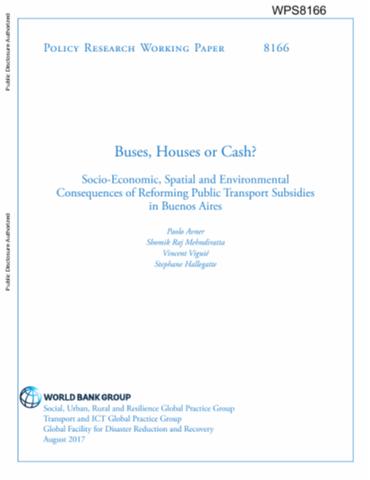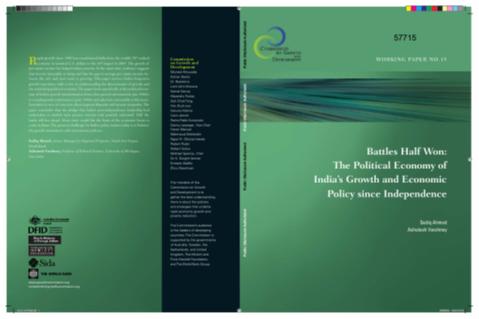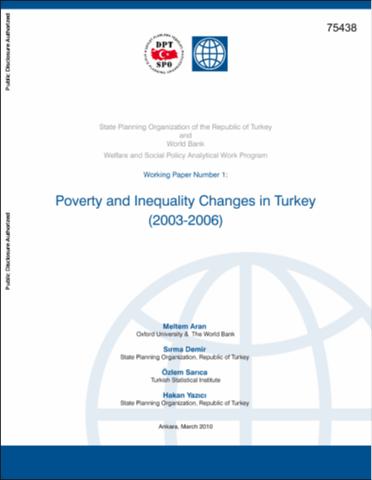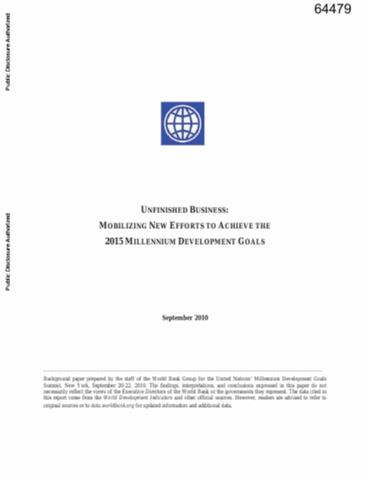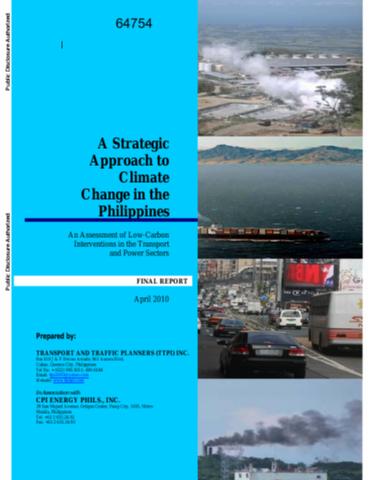
Topics and Regions
Details
Location
Contributions
Displaying 121 - 130 of 630Indonesia Economic Quarterly, December 2010
The Indonesian economic quarterly reports on and synthesizes the past three months' key developments in Indonesia's economy. Its coverage ranges from the macro economy to financial markets to indicators of human welfare and development. It is intended for a wide audience, including policy makers, business leaders, and financial market participants, and the community of analysts and professionals engaged in Indonesia's evolving economy.
Costing Adaptations through Local Institutions
The objectives of the Costing Adaptation through Local Institutions (CALI) study were (a) to identify the costs of adaptation through local institutions, and (b) to investigate which institutions help households adapt to climate variability, which efforts and costs are needed to realize the adaptation options, and how they facilitate adaptation to climate variability. The study was carried out in Ethiopia, Mali, and Yemen. This report discusses the results for Yemen.
Impact Evaluations in Agriculture
This report seizes the opportunity to learn from existing evidence by analyzing lessons derived from impact evaluations produced between 2000 and January 2009 to begin to discern what has been effective in agriculture. It is part of a broader effort being undertaken by the Independent Evaluation Group (IEG) of the World Bank to understand how impact evaluations can help improve performance and broadly disseminate those lessons.
The Democratic Republic of Congo's Infrastructure
The Africa Infrastructure Country Diagnostic (AICD) has gathered and analyzed extensive data on infrastructure in around 40 Sub-Saharan countries, including the Democratic Republic of Congo (DRC). The results have been presented in reports covering different areas of infrastructure ICT, irrigation, power, transport, water and sanitation and different policy areas, including investment needs, fiscal costs, and sector performance. This report presents the key AICD findings for the DRC, allowing the country's infrastructure situation to be benchmarked against that of its African peers.
Sector Licensing Studies
This report is intended to provide guidance on best practices in mining licensing, based on examples from low, middle and high income countries in Africa, Asia, North America, and South America. It is not a 'how-to guide' or a licensing implementation toolkit, but rather identifies certain common features of successful mining licensing regimes worldwide that other national or sub-national jurisdictions might usefully incorporate in new mining laws and regulations or revisions or existing ones.
Buses, Houses or Cash?
Transit subsidies in the urban area of Buenos Aires are high, amounting to a total of US$5 billion for 2012. They have been challenged on several counts: suspected of driving urban sprawl and associated infrastructure costs, diverting resources from system maintenance, and failing to reach the poor among others. In this context, this paper examines the impacts of cost recovery fares under a range of different policy scenarios that could cushion the impact of fare increases.
Battles Half Won
Rapid growth since 1980 has transformed India from the world's 50th ranked economy in nominal U.S. dollars to the 10th largest in 2005. The growth of per capita income has helped reduce poverty. At the same time, evidence suggests that income inequality is rising and that the gap in average per capita income between the rich and poor states is growing. This paper reviews India's long term growth experience with a view to understanding the determinants of growth and the underlying political economy.
Poverty and Inequality Changes in Turkey (2003-2006)
Poverty in Turkey has declined significantly between 2003 and 2006, as a result of rapid poverty reduction in urban areas. In the same time period, the reduction in poverty in rural areas has been slow or non-existent. As a result, the relative risk of poverty has increased in this time period for those employed in agricultural sector, living in rural areas and in large households.
Unfinished Business
Backed by sound economic policies and until the global crisis, a buoyant global economy, many developing countries made significant movement toward achieving the 2015millennium Development Goals (MDGs), particularly those for poverty reduction, gender parity in education, and reliable access to safe water. But even before the global economic crisis, progress in achieving some MDGs, especially those on child and maternal mortality, primary school completion, hunger, and sanitation, was lagging. The global food, fuel and economic crises have set back progress to the MDGs.
A Strategic Approach to Climate Change in the Philippines
Globally, the Philippines is a minor emitter of greenhouse gases (GHGs), but cost-effective mitigation present opportunities that should be captured, noting that the country is one of the signatory member states to the 1992 United Nations Framework Convention on Climate Change (UNFCCC) and its Kyoto Protocol. The country accounts for less than 0.3 percent of global GHG emissions in 2004.4 However, emissions are on the rise from both energy-use and land-use changes.

